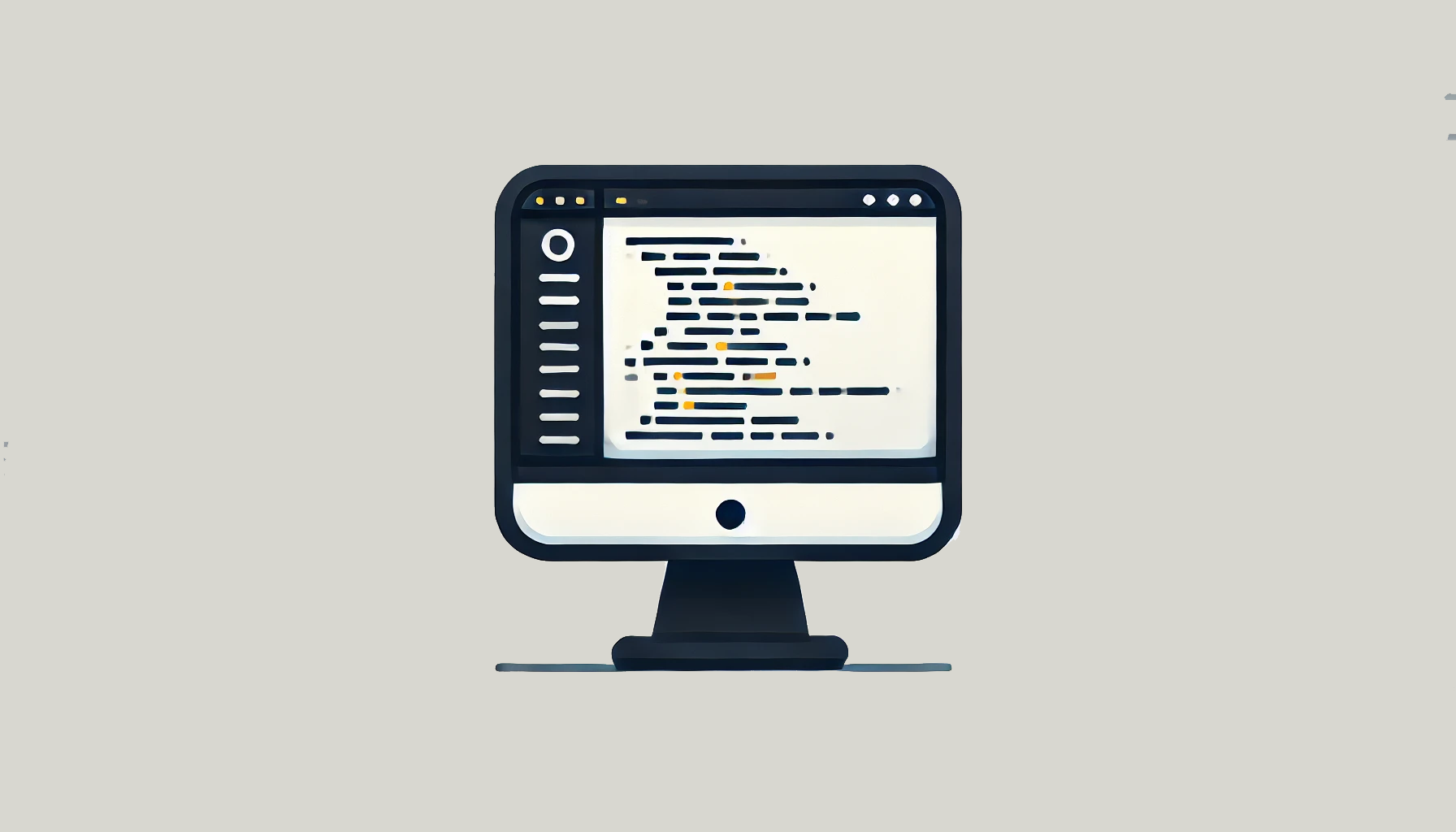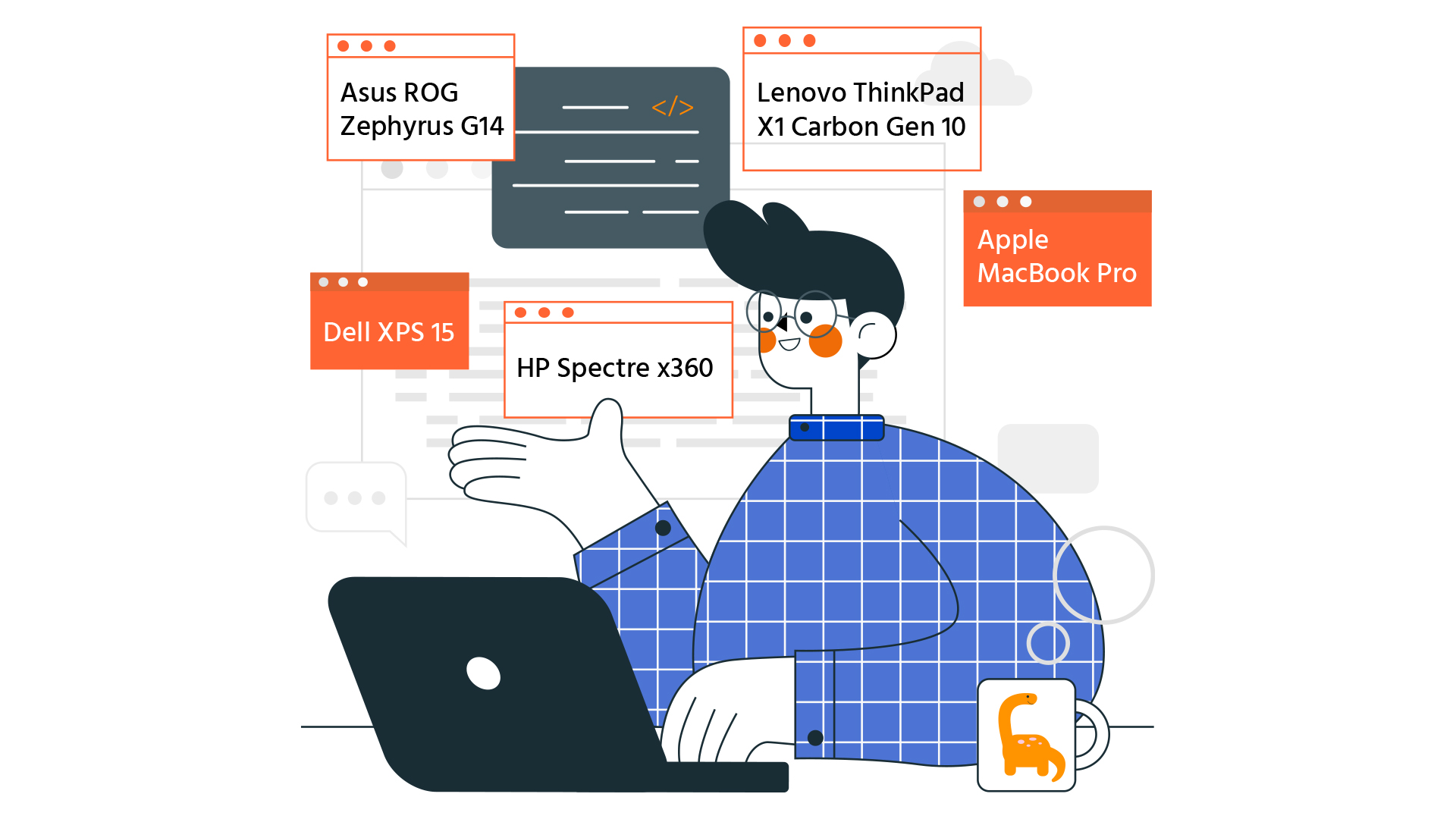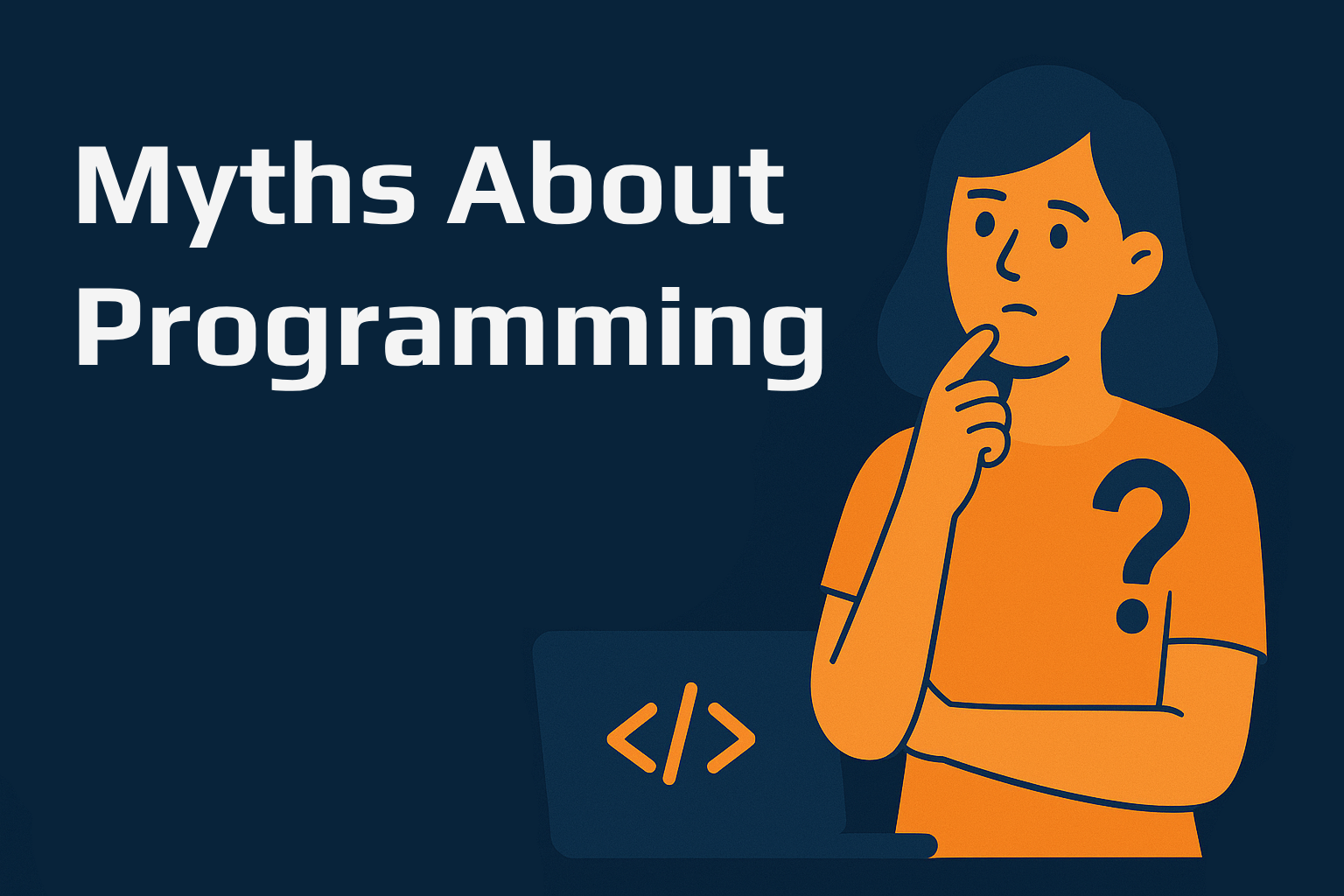Related courses
See All CoursesBeginner
C++ Introduction
Start your path to becoming a skilled developer by mastering the foundational principles of programming through C++. Whether you're starting from scratch or already have some coding experience, this course will provide you with the solid foundation needed to become a proficient developer and open the doors to a wide range of career opportunities in software development and engineering. Let's study C++!
Beginner
C Basics
This course offers a thorough introduction to the C programming language. Participants will delve into the core concepts, syntax, and structures of C, equipping them to craft basic programs. Key areas of focus encompass variables, data types, control structures, functions, arrays, and pointers. Engaging hands-on activities and projects will provide learners with tangible experience in problem-solving using C. Upon concluding this course, participants will possess a robust understanding of C programming and be primed to explore more intricate subjects.
Beginner
C++ Data Types
Developing a comprehensive understanding of data types is crucial when learning a programming language. This course offers an opportunity to delve deeper into data types in C++, gaining insights into how they are stored in memory. Additionally, the course covers the topic of type conversion.

Programming is a fascinating and multifaceted field. C and C++ are widely used programming languages.
Although distinct, these languages possess powerful capabilities and enjoy immense popularity among developers worldwide.
System programming
System programming involves developing software that interacts closely with the operating system and hardware. C and C++ are widely used in this field due to their powerful features and capabilities:
- C provides direct access to system resources and hardware components. It offers fine-grained control over memory management and enables efficient code optimization;
- C++ extends the functionality of C with additional features like object-oriented programming, combining low-level control with high-level abstractions.
C and C++ are used in system programming for tasks such as operating system development, device driver programming, and creating system utilities. They enable direct hardware interaction, efficient resource management, and implementation of critical functionalities.
Embedded programming
Embedded programming involves developing software for embedded systems, specialized computer systems designed for specific applications. C and C++ are the primary programming languages used in embedded programming due to their efficiency, low-level access, and versatility:
- C is a widely adopted language for embedded programming because of its simplicity and direct control over hardware resources. It allows developers to write efficient code that maximizes system performance and optimizes memory usage;
- C++ builds upon the features of C and adds object-oriented programming, making it suitable for managing complex embedded systems.
Their efficiency, portability, and robustness make them ideal choices for resource-constrained embedded systems where performance and reliability are crucial.

Run Code from Your Browser - No Installation Required

Real-time application development
Real-time application development involves creating software systems that must respond to events and process data in real time, often with strict timing requirements. C and C++ are widely used in real-time application development due to their performance, control over system resources, and predictable behavior.
- C is a popular choice for real-time development as it allows developers to write efficient and deterministic code. It provides low-level access to hardware resources and enables precise control over system timing;
- C++ extends the capabilities of C by introducing object-oriented programming and other features that facilitate the development of complex real-time systems.
Combining low-level control, performance optimization, and robustness makes C and C++ invaluable in developing real-time applications that meet stringent timing requirements.
Library and Framework Development
Library and framework development involve creating reusable components and tools that can be utilized by other developers in their software projects. C and C++ are extensively used in this domain due to their versatility, performance, and low-level control.
- C is a foundational library and framework development language, offering direct access to system resources and efficient memory management. It provides the ability to create standalone libraries that can be linked with applications written in different programming languages;
- C++ builds upon C by adding features like classes, templates, and inheritance, making it suitable for building more complex and extensible frameworks.
By leveraging low-level control and fine-grained optimization capabilities, developers can create high-performance software components that enhance the productivity of other developers.
Cryptography and Security
Cryptography and security are crucial fields where C and C++ programming languages play a significant role. These languages are commonly utilized due to their low-level access, strong control over memory, and ability to manipulate data efficiently.
- C is often employed in cryptography and security applications because it directly manipulates data and memory. It enables developers to implement cryptographic algorithms, encryption protocols, and secure communication systems;
- C++ builds upon C and provides additional features such as classes and object-oriented programming, allowing for the development more complex and secure software systems.
These languages enable developers to work at a low level, ensuring the secure handling of sensitive data, memory protection, and secure communication with network resources.
High-performance application
High-performance application development involves creating software that delivers exceptional speed and efficiency. C and C++ are widely preferred languages in this field because they produce optimized and high-performing code.
- C is a low-level language that gives developers fine-grained control over system resources and memory management. It enables efficient utilization of CPU cycles and memory, making it suitable for building high-performance applications;
- C++ extends the capabilities of C by introducing features like object-oriented programming and template metaprogramming, providing additional flexibility and optimization opportunities
Start Learning Coding today and boost your Career Potential

Mobile application development
Mobile application development involves creating software applications that run on mobile devices such as smartphones and tablets. C and C++ can be utilized in mobile development through frameworks and tools that enable cross-platform application development.
- C is often used for low-level operations in mobile development, such as system-level programming, accessing device features, and optimizing performance-critical components;
- C++ extends the capabilities of C by introducing object-oriented programming, which aids in building complex mobile applications.
C and C++ can be used in mobile application development with frameworks like Qt and the Native Development Kit (NDK) for Android. These frameworks provide developers with the tools and libraries to write efficient, high-performance code that can run on multiple platforms. C and C++ are employed in various mobile applications, including gaming, multimedia, and system utilities.
Network Application Development
Network application development involves creating software applications communicate and interact with other devices or systems over a network. C and C++ are widely used in network application development due to their low-level control, efficiency, and networking libraries and protocols support.
- C provides direct access to network interfaces and system resources, making it suitable for developing network applications that require fine-grained control over network operations;
- C++ builds upon C and offers additional features such as classes and object-oriented programming, facilitating the development of scalable and maintainable network applications.
In network application development, C and C++ are utilized to create various types of applications, including web servers, email clients, communication protocols, and network monitoring tools. These languages enable developers to implement network protocols, handle data transmission efficiently, and ensure secure communication.
C and C++ offer robust libraries and frameworks for network programming, such as Berkeley Sockets, Boost.Asio, and libcurl.
These libraries provide developers with tools for handling network connections, implementing various protocols, and managing data transfer between systems.
Algorithmic Programming
Algorithmic programming involves the implementation of complex algorithms and data structures to solve computational problems efficiently. C and C++ are widely preferred for algorithmic programming due to their performance, control over memory, and extensive library support.
- C is a foundational language for algorithmic programming, providing low-level control and direct memory access. It allows developers to design and implement efficient algorithms that manipulate data structures effectively;
- C++ extends the capabilities of C by introducing features like classes and templates, making it suitable for building more sophisticated and reusable algorithmic code.
C and C++ are used in algorithmic programming to implement a wide range of algorithms and data structures, such as sorting, searching, graph algorithms, dynamic programming, and more. These languages provide tools for efficient memory management, pointer manipulation, and algorithm optimization.
FAQs
Q: Is C a compiled or interpreted language?
A: C is a compiled language. Programs written in C are first compiled into machine code before being executed.
Q: What are some key features of C?
A: C provides features like pointers, manual memory management, efficient control over hardware, and a simple syntax. It allows developers to write high-performance code and is widely used in operating systems, embedded systems, and performance-critical applications.
Q: How does C++ handle function overloading?
A: C++ allows you to define multiple functions with the same name but different parameter lists. This is called function overloading.
Q: What are classes and objects in C++?
A: Classes are user-defined data types that encapsulate data and functions into a single unit. Objects are instances of classes.
Related courses
See All CoursesBeginner
C++ Introduction
Start your path to becoming a skilled developer by mastering the foundational principles of programming through C++. Whether you're starting from scratch or already have some coding experience, this course will provide you with the solid foundation needed to become a proficient developer and open the doors to a wide range of career opportunities in software development and engineering. Let's study C++!
Beginner
C Basics
This course offers a thorough introduction to the C programming language. Participants will delve into the core concepts, syntax, and structures of C, equipping them to craft basic programs. Key areas of focus encompass variables, data types, control structures, functions, arrays, and pointers. Engaging hands-on activities and projects will provide learners with tangible experience in problem-solving using C. Upon concluding this course, participants will possess a robust understanding of C programming and be primed to explore more intricate subjects.
Beginner
C++ Data Types
Developing a comprehensive understanding of data types is crucial when learning a programming language. This course offers an opportunity to delve deeper into data types in C++, gaining insights into how they are stored in memory. Additionally, the course covers the topic of type conversion.
Top 25 C# Interview Questions and Answers
Master the Essentials and Ace Your C# Interview
by Ihor Gudzyk
C++ Developer
Nov, 2024・17 min read

Best Laptops for Coding in 2024
Top Picks and Key Features for the Best Coding Laptops
by Anastasiia Tsurkan
Backend Developer
Aug, 2024・12 min read

Popular Myths About Programming
Facts in the World of Code
by Ihor Gudzyk
C++ Developer
May, 2025・10 min read

Content of this article